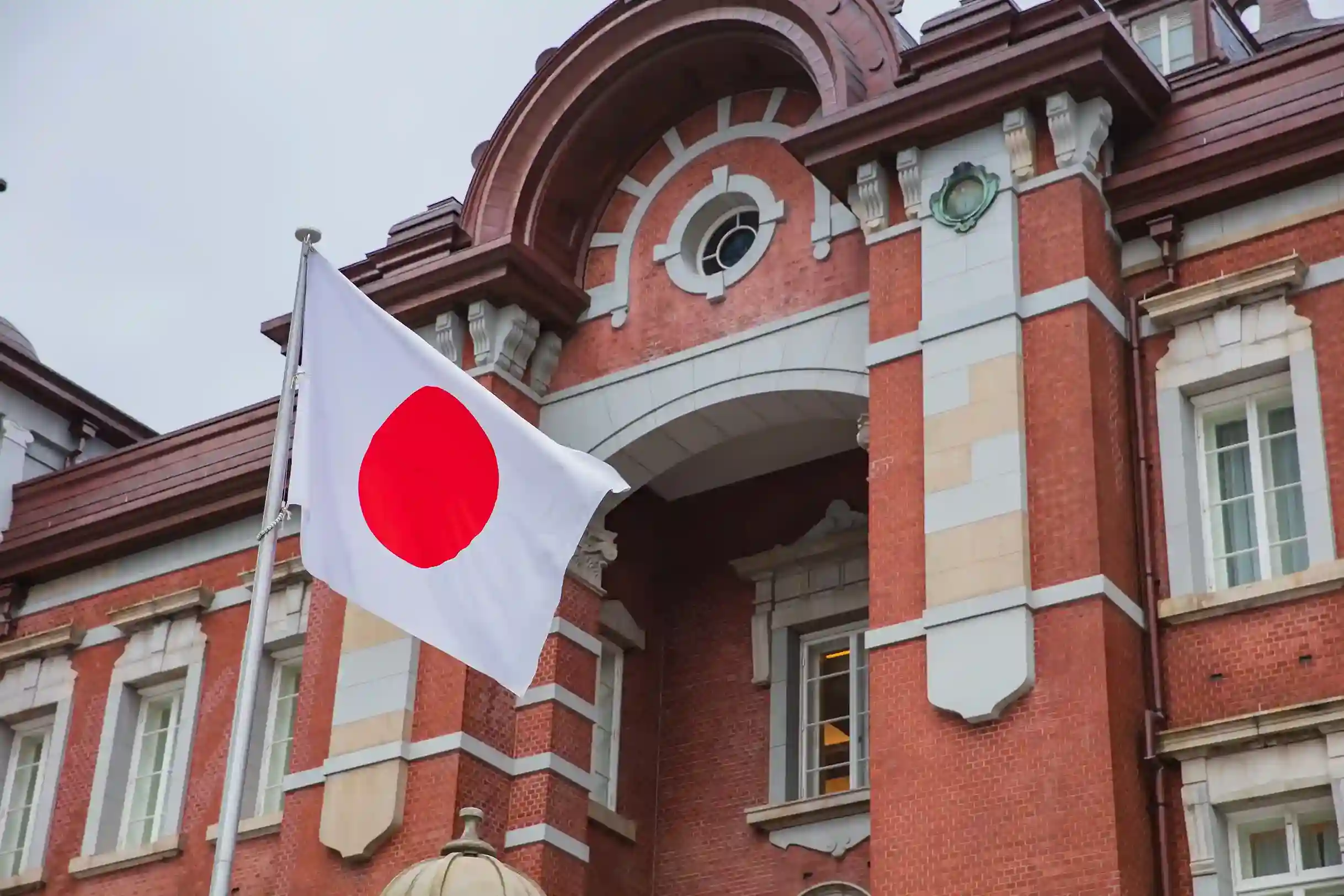Japan is among the top countries widely recognised by international students for its excellent higher education opportunities. The country boasts a world-class education system and is home to several top-ranked universities. The Japanese education model emphasises science, technology, innovation, and research, attracting students from across the globe, including India.
Key highlights:
- Study in Japan: At a glance
- Benefits for Indian Students Planning to Study in Japan
- Top Courses to Study in Japan for International Students
- Top Universities to Study in Japan (2026)
- Admission Requirements to Study in Japan
- For a Bachelor’s Degree in Japan
- For a Master’s Degree in Japan
- Cost of Studying in Japan for Indian Students
- Post-Study Work Opportunities in Japan

Study in Japan: At a Glance
| Aspect | Details |
|---|---|
| Number of Universities in Japan |
|
| International Students Exposure |
|
| 3 Types of Universities |
|
| Structure of Universities |
|
| Intakes |
|
Benefits for Indian Students Planning to Study in Japan
- Quality Education: Japan is globally recognised for academic excellence, particularly popular in disciplines such as mathematics and science. Japanese degrees are internationally acclaimed and closely monitored by Japan’s Ministry of Education, Culture, Sports, Science and Technology (MEXT), which guarantees a strong foundation for your global career.
- Global Career Hub: Japan is home to many international companies in the technology, manufacturing, and automotive sectors, creating several career opportunities. With a shrinking population and rising skill shortages, international students can capitalise on this advantage to fill major job roles in Japan.
- Part-Time Work Permit: International students are allowed to work up to 28 hours per week.
- Unmatched Quality of Life: The country is popular for its rich culture, which combines superior technology with a rich historical heritage. Because Japanese society is known for its warm and welcoming politeness, settling as an international student becomes easier.
Top Courses to Study in Japan for International Students
As a global leader in technology, innovation, and scientific advancement, Japan attracts students eager to learn from its quality education institutes. Some of the popular courses among international students in Japan are:
- Specialised Engineering Programmes
- Business and Management Studies
- Data Science
- International Relations and Public Policy
- Healthcare and Medicine
- Design and Architecture
- Environmental and Natural Sciences
Top Universities to Study in Japan (2026)
Here are the top universities to study in Japan, as per the Quacquarelli Symonds (QS) World University Rankings and Times Higher Education (THE) World University Rankings.
- QS category: QS World University Rankings 2026: Top global universities (Japan-specific)
- THE category: World University Rankings 2026 (Japan-specific)
| Sr. No. | Universities | QS Rankings 2026 | THE Rankings 2026 |
|---|---|---|---|
| 1 | The University of Tokyo | 1 | 1 |
| 2 | Kyoto University | 2 | 2 |
| 3 | Tokyo Institute of Technology (Tokyo Tech) | 3 | 6 |
| 4 | Osaka University | 4 | 4 |
| 5 | Tohoku University | 5 | 3 |
| 6 | Nagoya University | 6 | 5 |
| 7 | Hokkaido University | 7 | 8 |
| 8 | Kyushu University | 8 | 7 |
| 9 | Waseda University | 9 | 16 |
| 10 | Keio University | 10 | 12 |
Note: All these universities offer several programmes in both English and Japanese. However, the availability of English-taught programmes may vary by course. Students are advised to visit the respective university websites for accurate, up-to-date information about their chosen programmes. None of the above universities offers courses only in Japanese (as a medium of instruction).
Admission Requirements to Study in Japan
These requirements may vary by the type of degree and the field of study. Here are the general requirements to study in Japan:
For a Bachelor’s Degree in Japan
- Academic transcripts from high school
- Standardised tests such as the Scholastic Assessment Test (SAT) and American College Testing (ACT)
For a Master’s Degree in Japan
- A bachelor’s degree from a recognised university
- Standardised tests such as the Graduate Management Admission Test (GMAT) or the Graduate Record Examination (GRE), as required
General Requirements
- English proficiency tests such as the International English Language Testing System (IELTS), or the Test of English as a Foreign Language – Internet-Based Test (TOEFL iBT)
- Statement of Purpose (SOP)
- Letters of Recommendation (LORs)
- A valid copy of the passport
Cost of Studying in Japan for Indian Students
Annual tuition fees at Junior colleges vary from ~JPY 6,00,000 to ~JPY 9,60,000. At universities, the fee ranges between ~JPY 8,20,000 and ~JPY 32,00,000, and at Graduate schools, it can be between ~JPY 8,20,000 and ~JPY 11,00,000, depending on whether you choose a national, public, or private university.
In addition, students typically spend around ~JPY 76,000 per month on living expenses, which cover accommodation, food, transport, and daily needs. However, living expenses also depend on your lifestyle and the choice of city, as metro cities like Tokyo can be more expensive. Apart from tuition fees and living expenses, you should also consider additional costs such as study materials, health insurance and travel expenses.
Also Read: All You Need to Know About Studying an MBA in Japan in 2025
Post-Study Work Opportunities in Japan
After completing your studies in Japan, you will be allowed to work in the country. For this, you will have to switch from a student visa to an appropriate work visa, such as a Specialist in the Humanities/International Services or an Engineer Visa. For students who have completed their studies in Japan but haven’t yet secured a job, there’s an option to apply for a Designated Activities Visa – a temporary visa that allows you to stay in Japan and continue job hunting. This visa is initially granted for six months and can be extended once, allowing you up to one year after graduation to find full-time employment in Japan.
With its world-class universities, research-driven programmes, and vibrant student culture, Japan is an excellent choice for higher education. However, studying abroad can be expensive.
We at Avanse Financial Services support your higher education in Japan with our study loans. Our education loan for study abroad comes with benefits such as 100% financing, quick sanctions, and flexible repayment options. To plan your education loan journey better, you can use our EMI education loan calculator and determine your estimated EMIs beforehand. If you have any queries, feel free to connect with us. We are just a call away.











